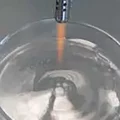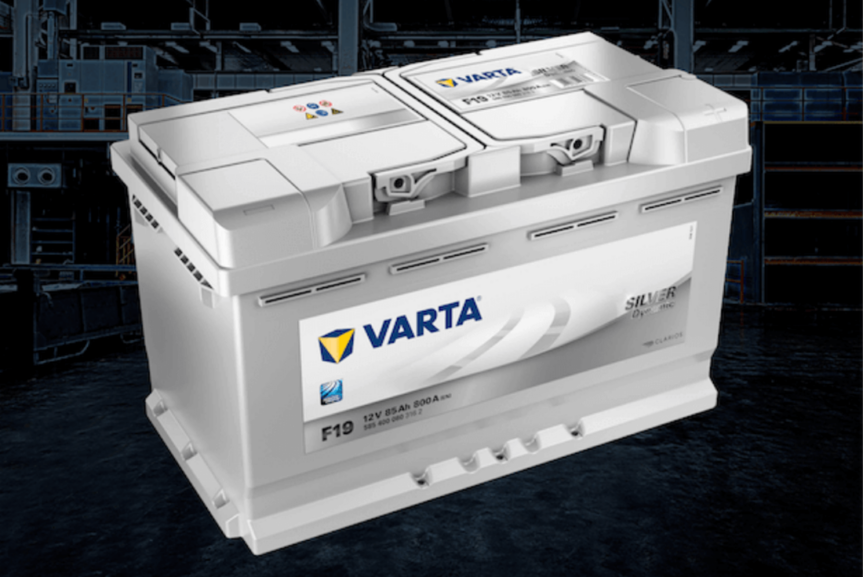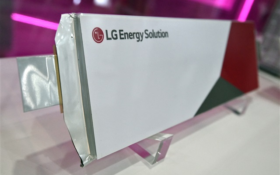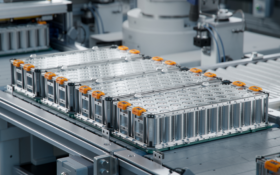Educating policyholders on how lead-based batteries can become a solution to global climate change concerns is key to ensuring the industry shakes off its polluting reputation.
Lead industry leaders must educate regulators on the chemistry’s environmental progress, including its 99% recycle rate and the emergence of ‘green’ alternatives to smelting.
The need to guarantee policy makers introduce reasonable and evenhanded standards when it comes to lead regulations, was highlighted by US environmental lawyer David Weinberg.
Weinberg told BBB he doesn’t believe the industry has reached a ‘tipping point’, but thinks ‘it will take a long time’ before the industry shrugs off its ‘polluting’ reputation.
Weinberg, who is legal advisor to Battery Council International, told the conference in May that the PR storm against lead-acid was probably the worst he had seen in his 30-year relationship with the industry body.
Weinberg said: “The industry needs to continue to make sure regulators understand the progress that has been made, and continues to be made, with regard to lead battery production and recycling, and why lead batteries are a key part of the solution to global climate change concerns.
“Standards just need to be reasonable, evenhanded and founded on principles of sound science and economic feasibility.
“The challenge to the lead battery industry is to assure that the implementing regulations are reasonable and the prioritisation focuses on chemicals that merit additional attention, not materials that are already as thoroughly studied and regulated as the use of lead by battery manufacturers and recyclers.”
To this end Weinberg said that manufacturers of larger lithium-ion batteries and manufacturers of products that use them are soon going to have to come to grips with recycling issues.
Issues range from the risks associated with lithium-ion products having the same form-factor as lead batteries reaching secondary smelters through to the entire product stewardship and reclamation life cycle.
“Those issues will be made more complex by the potential ‘second life’ use of many larger batteries in systems in which they initially were not included, said Weinberg
Smaller lithium-ion batteries, major manufacturers and OEM users generally have already stepped up to addressing these issues through the Call2Recycle® program, which Weinberg says “is probably the most successful industry-sponsored product stewardship program in the world”.












